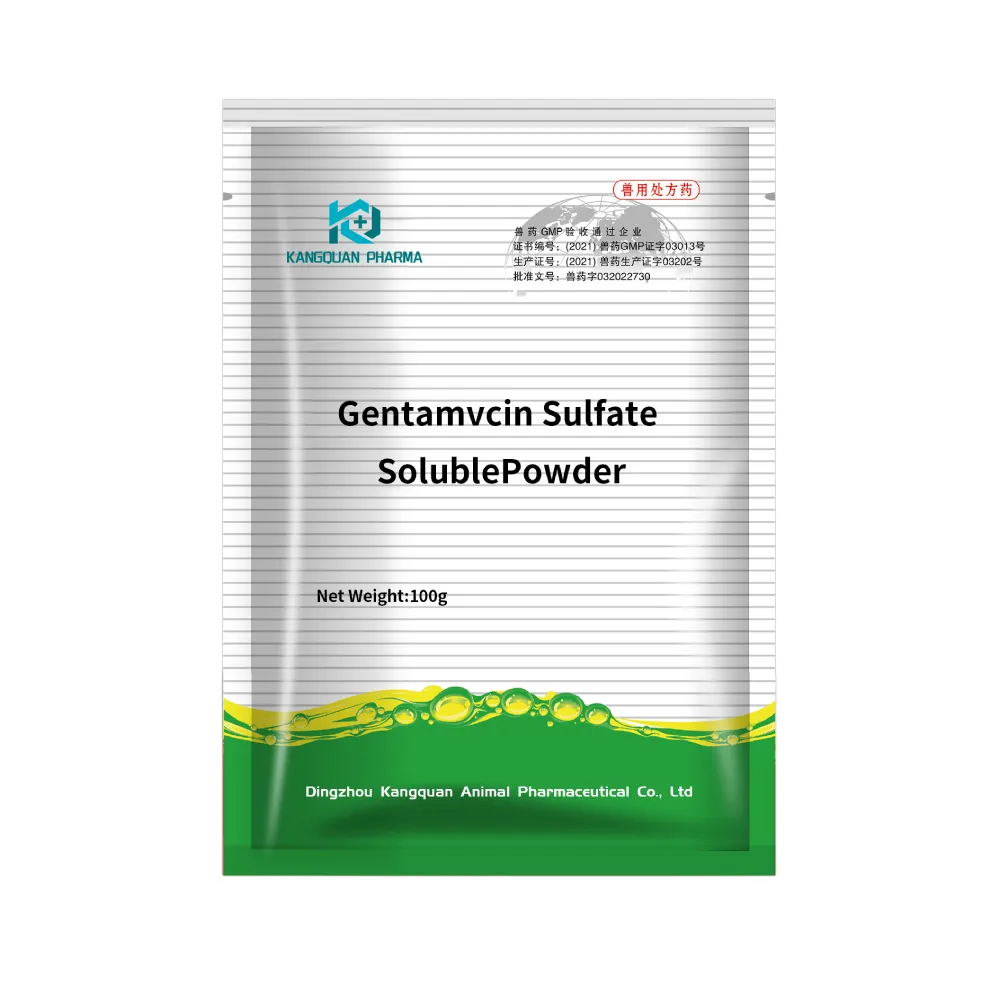- Afrikaans
- Albanian
- Amharic
- Arabic
- Armenian
- Azerbaijani
- Basque
- Belarusian
- Bengali
- Bosnian
- Bulgarian
- Catalan
- Cebuano
- Corsican
- Croatian
- Czech
- Danish
- Dutch
- English
- Esperanto
- Estonian
- Finnish
- French
- Frisian
- Galician
- Georgian
- German
- Greek
- Gujarati
- Haitian Creole
- hausa
- hawaiian
- Hebrew
- Hindi
- Miao
- Hungarian
- Icelandic
- igbo
- Indonesian
- irish
- Italian
- Japanese
- Javanese
- Kannada
- kazakh
- Khmer
- Rwandese
- Korean
- Kurdish
- Kyrgyz
- Lao
- Latin
- Latvian
- Lithuanian
- Luxembourgish
- Macedonian
- Malgashi
- Malay
- Malayalam
- Maltese
- Maori
- Marathi
- Mongolian
- Myanmar
- Nepali
- Norwegian
- Norwegian
- Occitan
- Pashto
- Persian
- Polish
- Portuguese
- Punjabi
- Romanian
- Russian
- Samoan
- Scottish Gaelic
- Serbian
- Sesotho
- Shona
- Sindhi
- Sinhala
- Slovak
- Slovenian
- Somali
- Spanish
- Sundanese
- Swahili
- Swedish
- Tagalog
- Tajik
- Tamil
- Tatar
- Telugu
- Thai
- Turkish
- Turkmen
- Ukrainian
- Urdu
- Uighur
- Uzbek
- Vietnamese
- Welsh
- Bantu
- Yiddish
- Yoruba
- Zulu
8 月 . 06, 2024 09:37 Back to list
Effective Treatments for Eliminating Tapeworms in Horses and Ensuring Their Health
What Kills Tapeworms in Horses Understanding the Treatment and Prevention
Tapeworms are parasitic flatworms that can infect horses, leading to various health issues, including colic, weight loss, and overall poor condition. These parasites are usually transmitted through contaminated feed or pasture and can be challenging to detect since their symptoms may not always be immediately apparent. Therefore, understanding what kills tapeworms in horses is crucial for effective treatment and ensuring the health and well-being of these animals.
Understanding Tapeworms in Horses
Tapeworms in horses belong primarily to the species Anoplocephala perfoliata, which lives in the horse's intestine. Unlike other parasitic infections, tapeworms have a unique lifecycle involving an intermediate host, typically a forage mite. Horses ingest these mites while grazing, leading to the tapeworm infection.
Once inside the horse's intestine, tapeworms can grow to significant lengths, causing irritation and inflammation of the intestinal lining. In severe cases, they can lead to intestinal blockages, which is a medical emergency. Because of their lifecycle, tapeworm infections are more common in horses that graze on pasture, making regular monitoring essential.
Recognizing Symptoms
Symptoms of tapeworm infection can vary but often include
- Weight loss, despite a good appetite - Poor coat condition - Colic symptoms, such as intermittent abdominal pain - Diarrhea or changes in stool consistency - The presence of tail rubbing, which may suggest irritation
Due to the potential for serious complications, horse owners should monitor their animals closely and consult a veterinarian if they suspect a tapeworm infection
.Treating Tapeworms
what kills tapeworms in horses

The most effective way to kill tapeworms in horses is through anthelmintic treatment. Anthelmintics are deworming medications specifically designed to target and eliminate parasitic infections. One of the most commonly used anthelmintics for tapeworms in horses is praziquantel. This medication is effective and works by disrupting the tapeworm’s ability to absorb nutrients, ultimately leading to its death.
When treating a horse for tapeworms, it’s essential to consult a veterinarian for an accurate diagnosis and appropriate treatment plan. The veterinarian may recommend a fecal egg count test to determine the presence and quantity of tapeworms. In some cases, a dose of praziquantel may be combined with other dewormers to ensure broader-spectrum efficacy against various parasites.
Preventing Tapeworm Infections
Prevention is key to managing tapeworm infections in horses. Here are some effective strategies for prevention
1. Regular Deworming Implement a deworming schedule that includes the use of praziquantel at least once a year, particularly during the late summer or early fall when tapeworms are most prevalent.
2. Pasture Management Rotate pastures and reduce the stocking density to minimize the risk of contamination. Regularly cleaning up manure can also help disrupt the lifecycle of tapeworms.
3. Monitoring Regularly check your horse for signs of tapeworm infection and maintain open communication with your veterinarian regarding your horse's health and deworming history.
4. Good Nutrition Providing a balanced diet can support your horse’s immune system, making it less susceptible to infections.
In conclusion, tapeworms can pose a significant health risk to horses, but with prompt treatment using effective anthelmintics like praziquantel, along with preventive measures, horse owners can ensure their animals remain healthy and free from these parasites. Always consult with a veterinarian for the best practices tailored to your horse's specific needs.
-
The Power of Radix Isatidis Extract for Your Health and Wellness
NewsOct.29,2024
-
Neomycin Sulfate Soluble Powder: A Versatile Solution for Pet Health
NewsOct.29,2024
-
Lincomycin Hydrochloride Soluble Powder – The Essential Solution
NewsOct.29,2024
-
Garamycin Gentamicin Sulfate for Effective Infection Control
NewsOct.29,2024
-
Doxycycline Hyclate Soluble Powder: Your Antibiotic Needs
NewsOct.29,2024
-
Tilmicosin Premix: The Ultimate Solution for Poultry Health
NewsOct.29,2024













